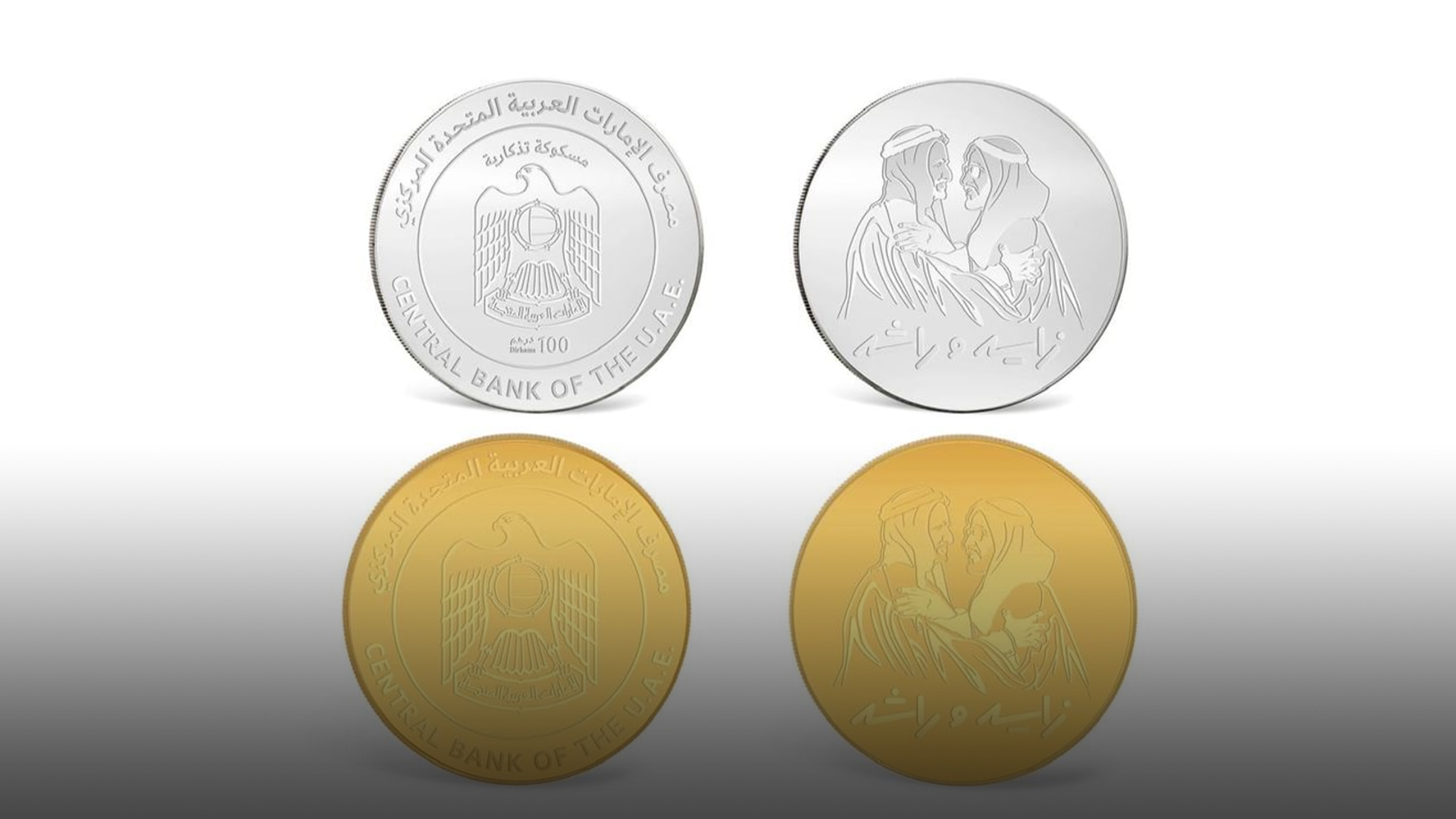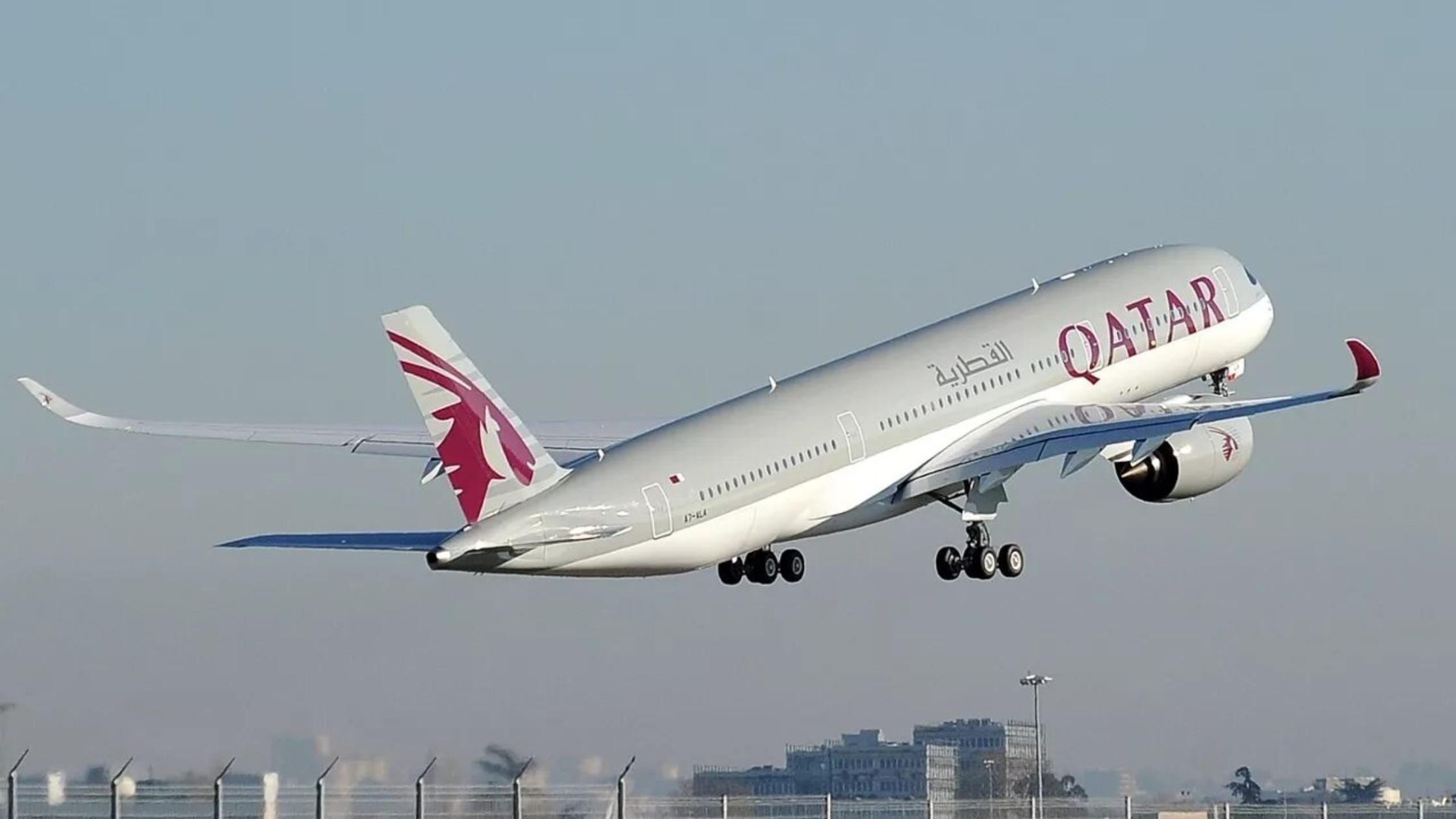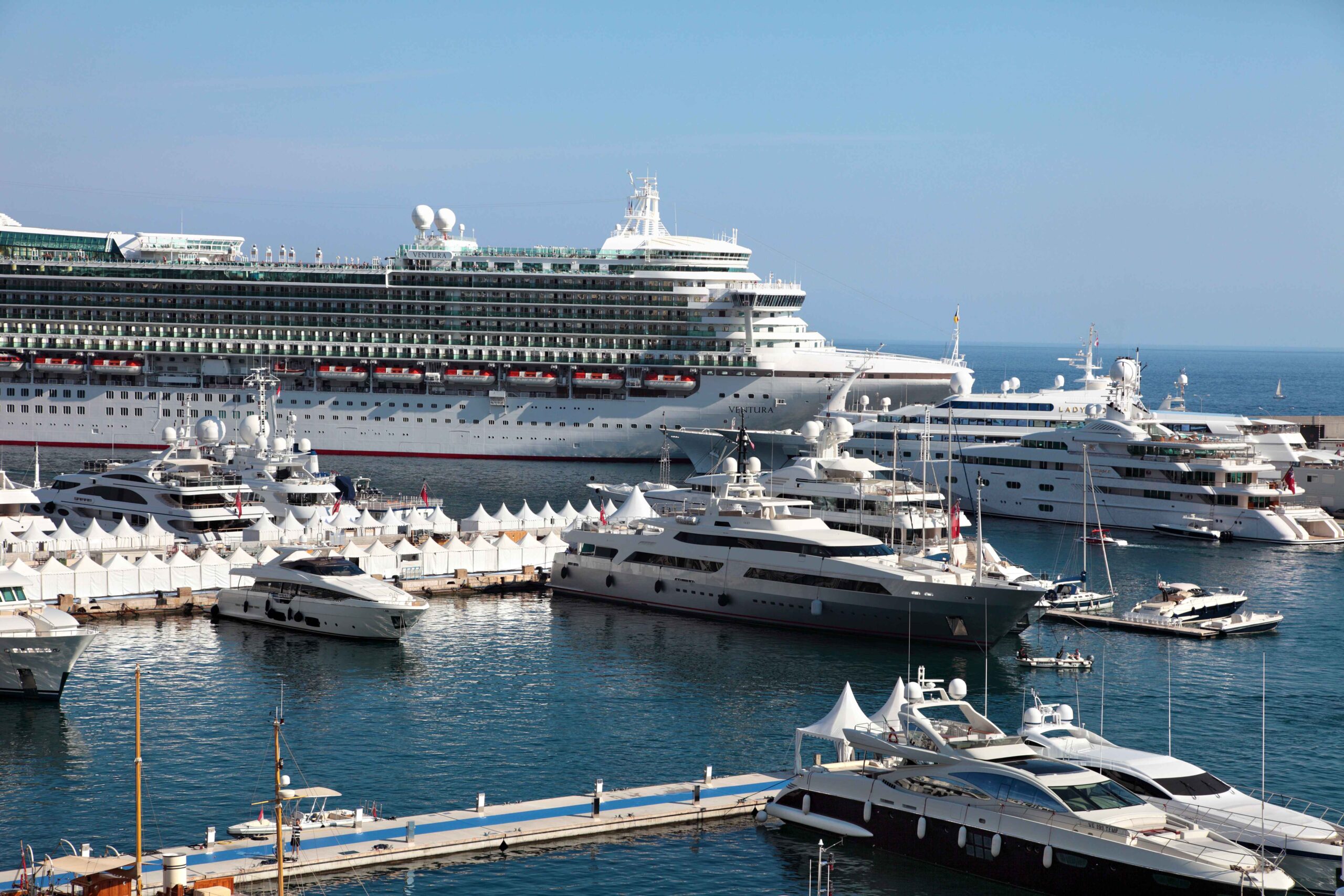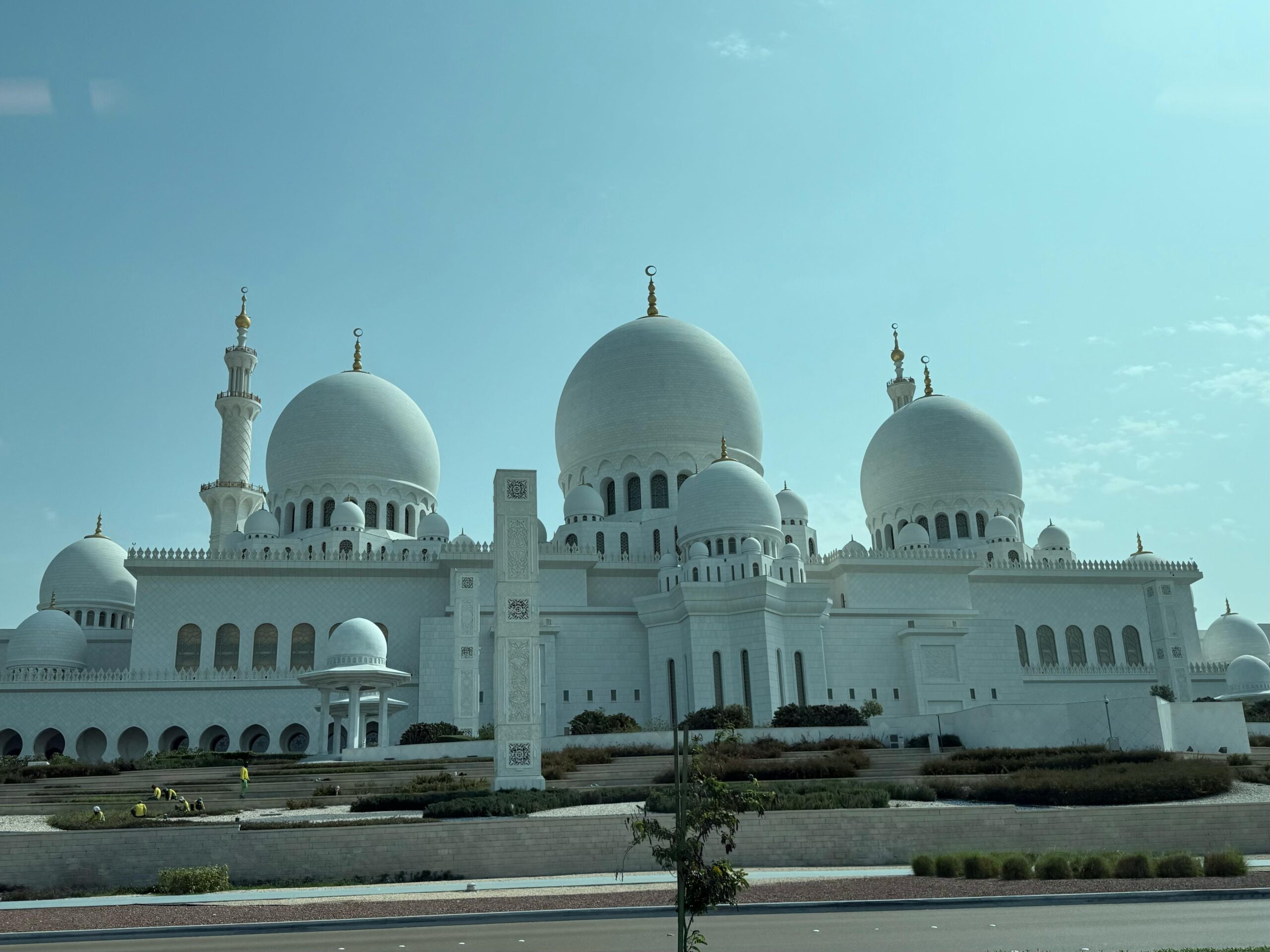As the concept of smart cities moves from theory to reality, the Middle East is stepping into the global spotlight. The 2025 IMD Smart City Index has positioned Dubai and Abu Dhabi among the world’s top five smartest cities, a groundbreaking development that underscores the UAE’s rapid transformation into a hub of innovation, sustainability, and smart governance. Their entry into the elite club of global smart cities reflects not just infrastructure advancement but a holistic approach to urban life — blending technology, inclusivity, and environmental responsibility. This moment marks a defining shift in how cities in the Middle East are being perceived on the global stage.
UAE’s Smart Transformation: Years of Vision Turn Into Reality
Dubai and Abu Dhabi’s remarkable rise in the 2025 Smart City Index reflects a decade of calculated reforms and investments that have made them digital and sustainable pioneers in the region. Dubai leaped from 12th to 4th place, while Abu Dhabi climbed from 10th to 5th, reflecting strong governmental focus on artificial intelligence, digital infrastructure, and citizen-centric services.
Smart initiatives like autonomous public transportation, AI-powered traffic management, smart waste and water systems, and open-data governance portals have played a key role. Both cities have focused on making real-time data accessible to residents and enhancing public satisfaction through technology-driven governance. These advancements are in sync with the UAE’s broader Vision 2030, which aims to diversify the economy, reduce dependency on oil, and enhance overall quality of life.
MENA’s Rising Presence in the Global Urban Landscape
Dubai and Abu Dhabi’s rise is part of a larger trend in the Middle East. Cities such as Riyadh, Doha, and Manama have also been included in the top 50 global cities, while newcomers like AlUla (Saudi Arabia) and Kuwait City made their first appearance in this year’s Index.
This growing presence shows the region’s increasing investment in urban innovation, smart city frameworks, and tech infrastructure. Governments across the GCC are recognizing the importance of leveraging smart technologies to deal with urbanization, population growth, and sustainability. The fact that six new cities were assessed this year, including Manama and San Juan, signals the widening interest in measuring smart urban development in emerging economies.
Winners and Losers: Global Shifts in Smartness
Globally, Zurich retained its title as the smartest city, followed by Oslo and Geneva, which climbed to third place. European cities continue to dominate the top spots due to their mature infrastructure, efficient governance, and strong digital ecosystems.
However, not all cities are progressing. Ankara, Buenos Aires, Cairo, Seattle, and Stockholm have all dropped in rankings due to issues such as lagging infrastructure upgrades or ineffective use of smart technologies. In contrast, cities like Doha, Chongqing, Zagreb, and Hangzhou have seen noticeable improvements over the past three years, largely driven by investment in digital infrastructure and data analytics.
Housing Affordability: The Dark Side of Smart Growth
Despite progress in technology and digital services, the IMD report sheds light on a growing concern: affordable housing. One of the most important survey questions used in the Index asks residents whether they can find rental housing for 30% or less of their monthly income. The results revealed a disturbing trend — a growing number of residents in smart cities are struggling with housing affordability.
Several factors are contributing to this crisis, including rising development costs linked to global trade tensions, tariffs on steel and lumber, and speculative real estate investment. As cities grow smarter and more attractive to businesses and professionals, housing prices often rise, creating gaps in access for lower and middle-income residents. The report emphasizes the need for inclusive growth to ensure that urban prosperity is equitably shared.
How the IMD Index Measures Smartness Fairly
What sets the IMD Smart City Index apart is its methodology. It does not rely solely on objective infrastructure data but also includes subjective assessments from residents. Each of the 141 cities in the 2025 edition had at least 39 residents surveyed across different socioeconomic groups.
To make comparisons fairer, the survey results are adjusted using the Subnational Human Development Index (SHDI), allowing comparisons between cities at similar levels of economic development. The result is a more balanced and human-centric ranking system that focuses on how smart cities actually feel to live in, rather than just how advanced their tech looks on paper.
New Ranking, New Expectations: What the Future Holds
Dubai and Abu Dhabi’s entry into the top five of the IMD Smart City Index isn’t just a moment of pride — it’s a new benchmark. It puts pressure on policymakers to maintain momentum, continue evolving, and tackle challenges such as housing affordability, environmental degradation, and digital inequality.
It also encourages other cities in the region to learn and adapt. As urban populations continue to grow, and sustainability becomes a central global priority, the race to become a smarter city will increasingly depend not just on flashy infrastructure but on social inclusivity, climate resilience, and citizen satisfaction. The next milestone will be the 2025 World Competitiveness Ranking, scheduled for release on June 17, which will give deeper insights into how countries are faring in terms of economic and urban competitiveness.
UAE Cities Set New Benchmark for Smart, Sustainable Living
Dubai and Abu Dhabi’s leap into the top five of the IMD Smart City Index signals a new era for urban innovation in the Middle East. No longer just aspiring hubs, they are now global models of how technology, governance, and public services can intersect to create livable, future-ready cities.
But the journey doesn’t end here. Real success will be measured by how well these cities balance growth with inclusion, luxury with affordability, and smartness with sustainability. As more cities from the region step into the smart spotlight, Dubai and Abu Dhabi have set a strong foundation — not just for technological evolution, but for building cities that truly serve their people.









1 Comment
[…] UAE has also been a key player in the development of smart cities and sustainable infrastructure, areas in which Germany has vast expertise. The UAE’s continued […]
Comments are closed.